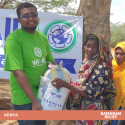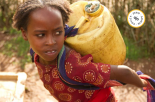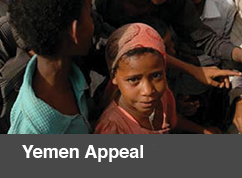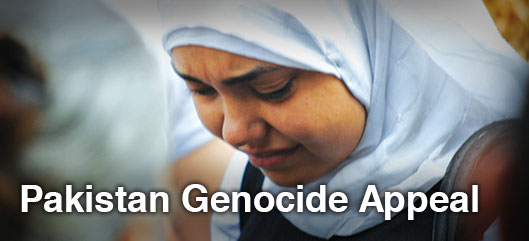
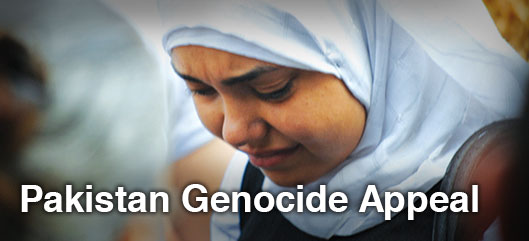
 On Sunday 3 March 2013, 48 people were killed and about 200 injured in a bomb that detonated in Abbas Town – a mainly Shia Muslim populated area of Karachi, Pakistan. The bomb exploded near a mosque as people were leaving after the evening prayers.
On Sunday 3 March 2013, 48 people were killed and about 200 injured in a bomb that detonated in Abbas Town – a mainly Shia Muslim populated area of Karachi, Pakistan. The bomb exploded near a mosque as people were leaving after the evening prayers.
Unofficial reports claim that 150 kilograms of explosive material were used in the blast – leaving a crater that was 4 feet deep and 10 feet wide. 500 to 700 meters of the area was affected as a result of the explosion. Numerous buildings including two apartment blocks were left in ruins and others were set on fire – causing a huge veil of smoke to cover the sky above the city.
Given that the explosion happened at night, rescue efforts were difficult with people trapped under the debris.
BBC reported an eye witness report of the bombing by Mariam Bibi who told Reuters News Agency: "I was watching television when I heard an explosion and my flat was badly shaken; I saw people burning to death and crying with pain. I saw children lying in pools of their own blood and women running around shouting for their children and loved ones."
On Monday 4 March 2013, an estimated 4,000 people attended the funerals of the slain victims of the senseless explosion. Some families were still trying to identify the bodies of those not yet buried. Public transportation, businesses, shops and schools were all closed after the local government declared this day a day of mourning.
The World Federation is working with its regional partner in Pakistan where relief efforts to assist the victims and their families started in Karachi in the aftermath of the blast. More information on the work being carried out will be available shortly. If you wish to help in the immediate and rehabilitation support of these victims and their families, please make a donation.






